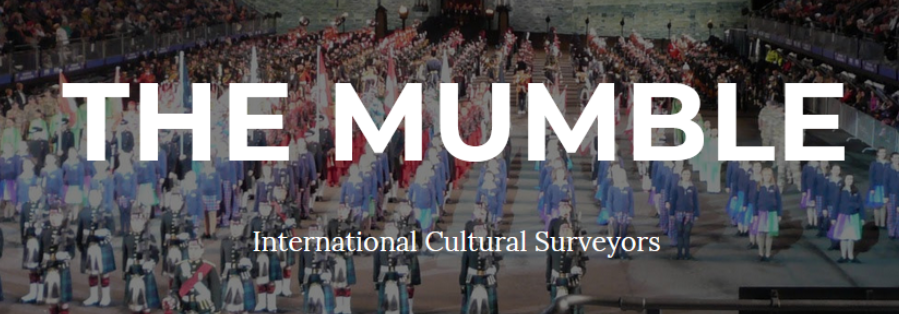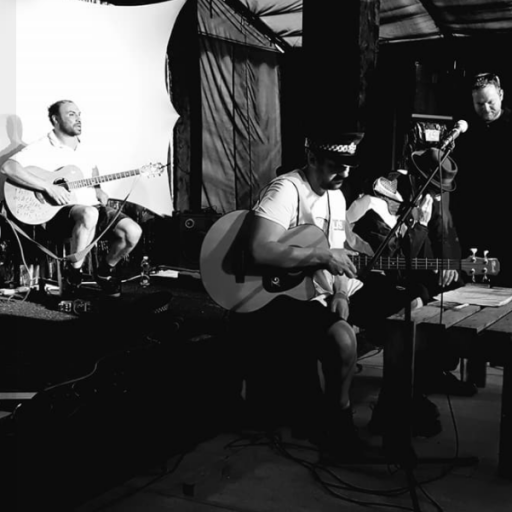Lanark
Lyceum
Until Aug 31st
Alasdair Gray’s “Lanark: A Life in Four Books” becomes “Lanark: A Life in Three Acts” at this year’s Edinburgh Festival. If you’re not familiar with the novel, it’s hard to adequately communicate the ambition inherent to such an undertaking. Many folk have begun reading Lanark, perhaps for a course in Modernism, or for their Advanced Higher, or out of that same obligation to their delicate ego’s sense of its own intellectual superiority that leads many of us to plough doggedly through anything we’re told is seminal, or canonical. Not a small number of folk cite it as their favourite novel, and you can tell a real enthusiast when you meet one, absolutely. But one suspects that a fair few of those are just showing off the fact that they’ve made it to the end of the thing -like Ulysses but with added Scottish nationalism. And as Gray himself notes in one of the book’s many glib references to its own intersexuality, he and Joyce have much common ground, culturally, thematically, stylistically; in having set out to write a book that would challenge, shock, madden, embarrass… a book that was, like its protagonist, difficult to love, but which given the proper time and attention, proves impossible to fall out of love with. How does this book of so many types; so realist, so giddyingly modern, so unreal, so magically realist, make it off the page and onto the stage? Janice Galloway said of Lanark, “it was not the story so much as the voice in which the tale unfolded, the eyes through which it was seen, that compelled.” What is Lanark then, without its narrator?
These considerations are, no doubt ones that writer David Greig and director Graham Etoughhave given ample consideration to, and the play is steeped in the original text, generally to brilliant effect. The play is also, mercifully, its own thing, and incorporates the stage, and the fact of it’s staging, brilliantly, in a way that delights, deconstructing the theatre within the theatre much as the original uses a novel to deconstruct the concept of the novel itself. Aye, a Fringe’s-worth of smaller budget shows in cramped venues with newly “qualified” RADA or Le Coq graduates throws up the occasional gem, but the International Festival represents theatre at the top of its game, and Lanark fits right in. The innovative props, the mind bogglingly clever and stylish set, the seasoned actors. Greirson, is a slightly underwhelming protagonist, but then so is Lanark, so perhaps this is all very clever. The stand-out turn is Paul Hickey as Sludden –really properly charismatic and nasty. The play is nearly four hours long, and there are bits and bobs that I think could have been gainfully cut, decisions that were made to impress, rather than to further plot or theme. For example, in Act 2, the protagonist is played, simultaneously by each member of the cast, with actors stepping out to enact various formative memories before stepping back into the collective, which speaks and moves in unison. It has no seeming function, other than to demonstrate an impressive onstage cohesion, but this is not a novel about cohesion, it is about a man falling apart, a world falling apart, and it just didn’t need to be there. There is much, for all that, that is deeply impressive, visually stunning, and appropriately difficult. The lady next to me complained to her partner that, having not read the book, she did not know what was going on. I wanted to tell her that had she read the book, she would know that her state of confusion was bang on the money. FOUR STARS
Posted on August 27, 2015, in Uncategorized. Bookmark the permalink. Leave a comment.




Leave a comment
Comments 0